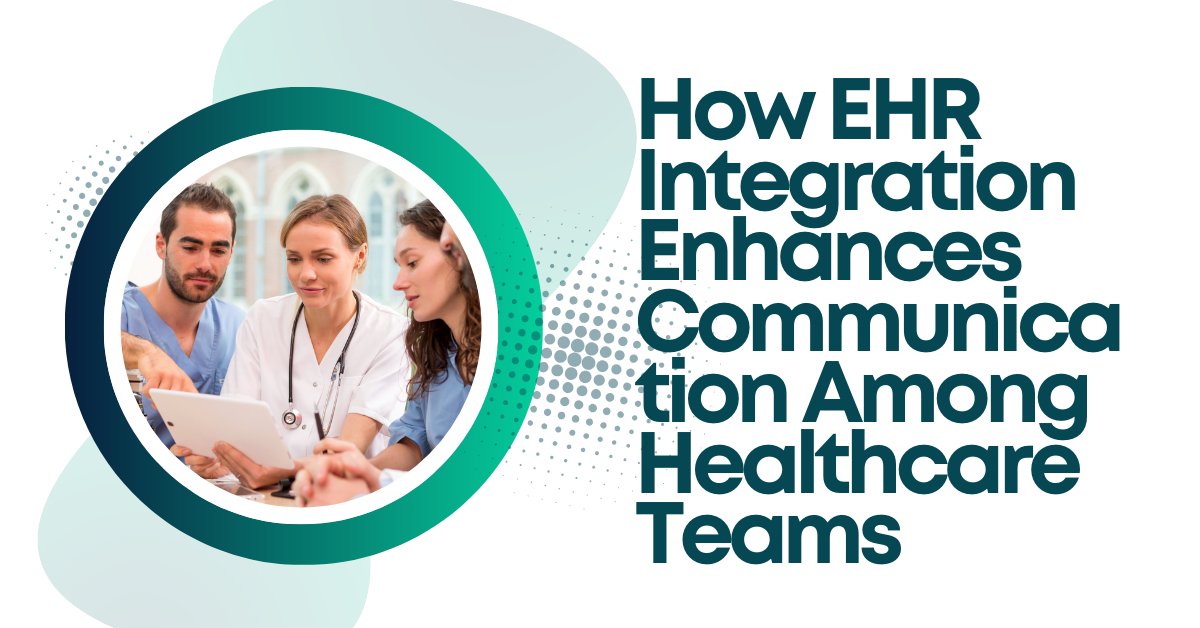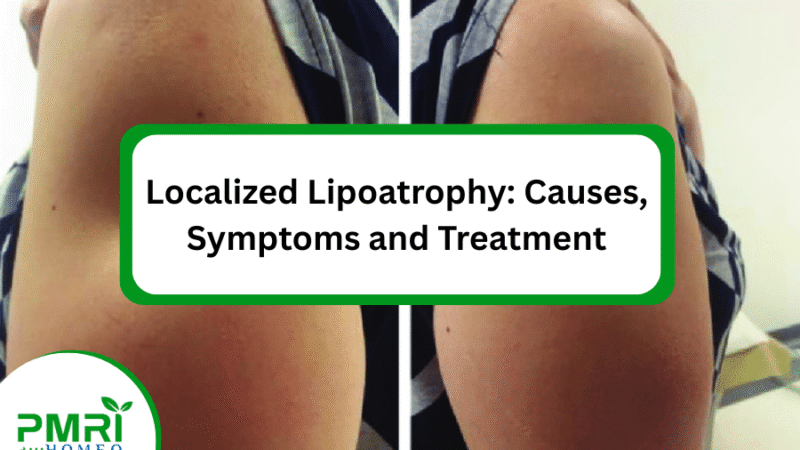How EHR Integration Enhances Communication Among Healthcare Teams

In today’s healthcare environment, effective communication among healthcare teams is crucial for providing high-quality patient care. With the growing complexity of healthcare systems and the increasing need for collaboration among providers, Electronic Health Record (EHR) integration has emerged as a vital tool. EHR integration refers to the process of connecting different EHR systems and other health IT applications to streamline data sharing and enhance communication. This blog explores how EHR integration improves communication among healthcare teams and the benefits it brings to patient care.
The Importance of Communication in Healthcare
Effective communication among healthcare providers is essential for ensuring patient safety and delivering coordinated care. When healthcare teams, including doctors, nurses, specialists, and administrative staff, communicate efficiently, they can share vital patient information, discuss treatment plans, and collaborate on decisions. This not only helps in preventing medical errors but also fosters a more cohesive care environment.
In contrast, poor communication can lead to misunderstandings, treatment delays, and increased healthcare costs. For instance, if a nurse is unaware of a patient’s allergies due to a lack of communication, they may inadvertently administer medication that could cause harm. EHR integration addresses these communication challenges by providing a centralized platform for sharing patient information seamlessly.
Note – Discover the benefits of EHR Integration Services for Healthcare Providers with BlueSecure. Enhance communication among healthcare teams, streamline data sharing, and improve patient care. Contact BlueSecure today to explore how EHR integration can transform healthcare practices and elevate the quality of care delivered to patients. Don’t miss the opportunity to optimize healthcare workflows and ensure seamless collaboration across the team!
How EHR Integration Streamlines Information Sharing
EHR integration allows healthcare teams to access real-time patient data from various sources, including labs, imaging centers, and other providers. By consolidating this information into a single, unified system, healthcare professionals can quickly retrieve patient histories, lab results, and treatment plans without the need for time-consuming phone calls or faxes.
For example, when a patient visits a specialist, the specialist can instantly access the patient’s medical history and current medications through the integrated EHR system. This immediate access to information enables the specialist to make informed decisions and reduces the likelihood of duplicating tests or treatments.
Furthermore, EHR integration ensures that all team members are on the same page. When a physician updates a treatment plan, that information is automatically shared with other members of the healthcare team. This transparency eliminates the need for manual communication and ensures everyone involved in the patient’s care is informed of the latest developments.

Enhancing Collaboration Among Healthcare Providers
EHR integration fosters collaboration among healthcare providers by enabling them to work together more efficiently. In a typical healthcare setting, multiple professionals may be involved in a patient’s care, such as primary care physicians, specialists, nurses, and therapists. EHR integration allows these individuals to collaborate easily, share insights, and coordinate treatment efforts.
For instance, if a primary care physician refers a patient to a specialist, the referral information, along with the patient’s medical history, can be shared electronically. This process eliminates the need for patients to carry paper records or wait for records to be sent via traditional mail. Consequently, specialists can review the patient’s information in advance, making consultations more productive and focused.
Moreover, EHR systems often include features that facilitate secure messaging between healthcare providers. This capability allows for quick communication regarding patient care, enabling team members to ask questions, share updates, and discuss treatment options without disrupting patient flow. Such collaboration not only improves patient outcomes but also enhances the overall efficiency of the healthcare system.
Reducing Errors Through Improved Communication
Effective communication is vital for reducing errors in healthcare, and EHR integration plays a significant role in achieving this goal. By providing a comprehensive view of a patient’s medical history, medications, allergies, and test results, integrated EHR systems help prevent miscommunication and ensure that all providers are aware of critical patient information.
For example, consider a scenario where a patient is prescribed a new medication. If the prescribing physician fails to check the patient’s allergy history, they might inadvertently prescribe a drug that the patient is allergic to. However, with EHR integration, the physician can easily access the patient’s allergy information and make informed decisions.
Additionally, EHR integration can help minimize medication errors by providing alerts and reminders. When a healthcare provider attempts to prescribe a medication that may interact with another medication the patient is taking, the integrated EHR system can alert them to potential risks. This proactive approach enhances patient safety and reduces the likelihood of adverse events.
Supporting Continuity of Care
Continuity of care is crucial for ensuring that patients receive consistent and coordinated treatment throughout their healthcare journey. EHR integration supports this continuity by providing a comprehensive view of a patient’s medical history, allowing healthcare teams to track patient progress over time.
When patients transition between different levels of care—such as moving from a hospital to a rehabilitation facility—integrated EHR systems enable smooth handoffs by sharing important patient information. This seamless transition ensures that new care providers are well-informed about the patient’s condition, treatment plans, and any ongoing therapies.
Furthermore, EHR integration allows healthcare teams to monitor patients’ progress and outcomes more effectively. For example, if a patient is managing a chronic condition, healthcare providers can collaborate and share insights regarding the patient’s response to treatment. This ongoing communication helps providers adjust treatment plans as needed, leading to better patient outcomes.
Improving Patient Engagement Through Communication
EHR integration also enhances communication with patients, which is essential for improving patient engagement. When healthcare providers have access to accurate and up-to-date information, they can communicate more effectively with patients about their care.
For instance, integrated EHR systems often include patient portals that allow patients to access their health information, schedule appointments, and communicate with their healthcare providers. This level of transparency empowers patients to take an active role in their healthcare, leading to better adherence to treatment plans and improved health outcomes.
Moreover, effective communication fosters trust between patients and healthcare providers. When patients feel informed and engaged in their care, they are more likely to share important information about their symptoms, concerns, and preferences. This two-way communication is vital for delivering patient-centered care.
Conclusion
EHR integration is a powerful tool that enhances communication among healthcare teams, leading to improved patient care and outcomes. By streamlining information sharing, fostering collaboration, reducing errors, supporting continuity of care, and improving patient engagement, integrated EHR systems play a crucial role in modern healthcare.
As healthcare continues to evolve, investing in EHR integration will be essential for healthcare providers seeking to enhance communication and provide high-quality care. By embracing these technologies, healthcare teams can work together more efficiently, ultimately benefiting patients and the healthcare system as a whole.
In summary, the importance of effective communication in healthcare cannot be overstated. EHR integration stands as a vital solution that empowers healthcare teams to communicate better, collaborate seamlessly, and provide the highest level of care to patients.
For more insightful articles related to this topic, feel free to visit gettoplists.com



